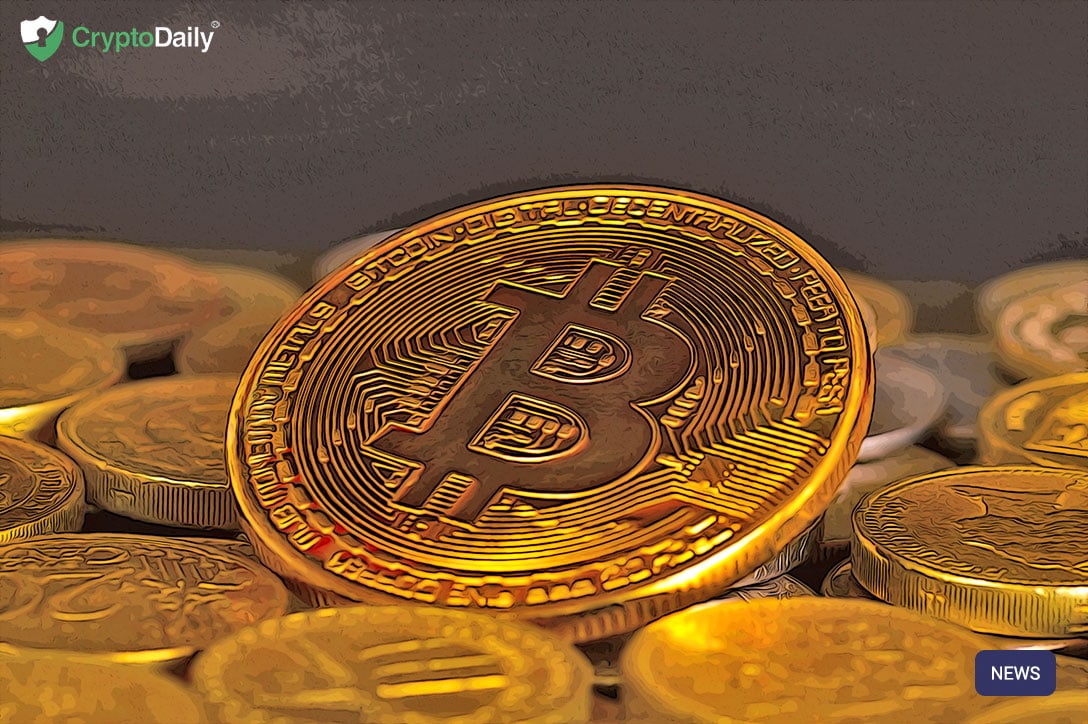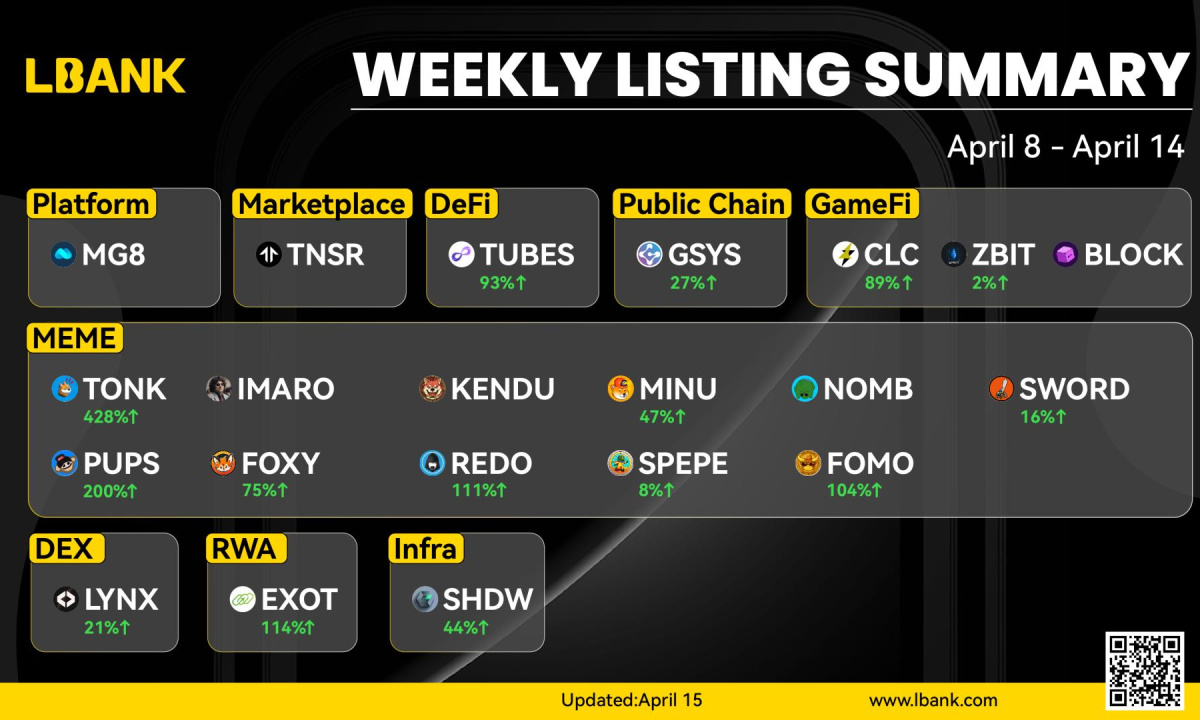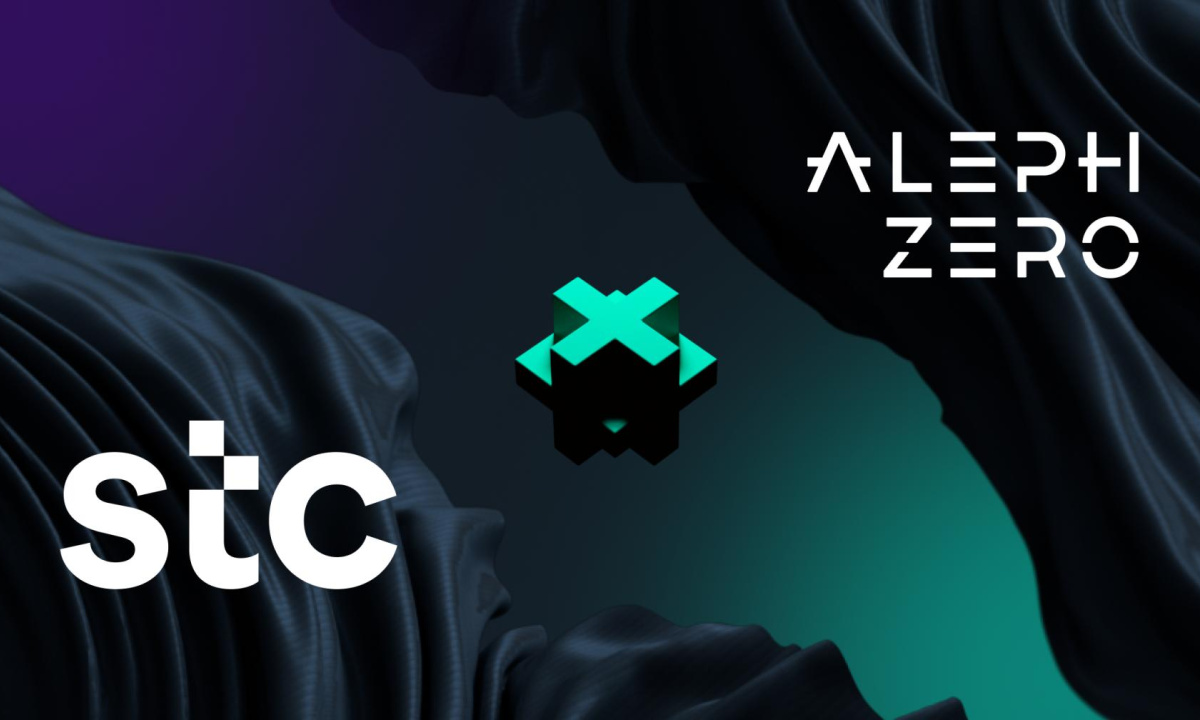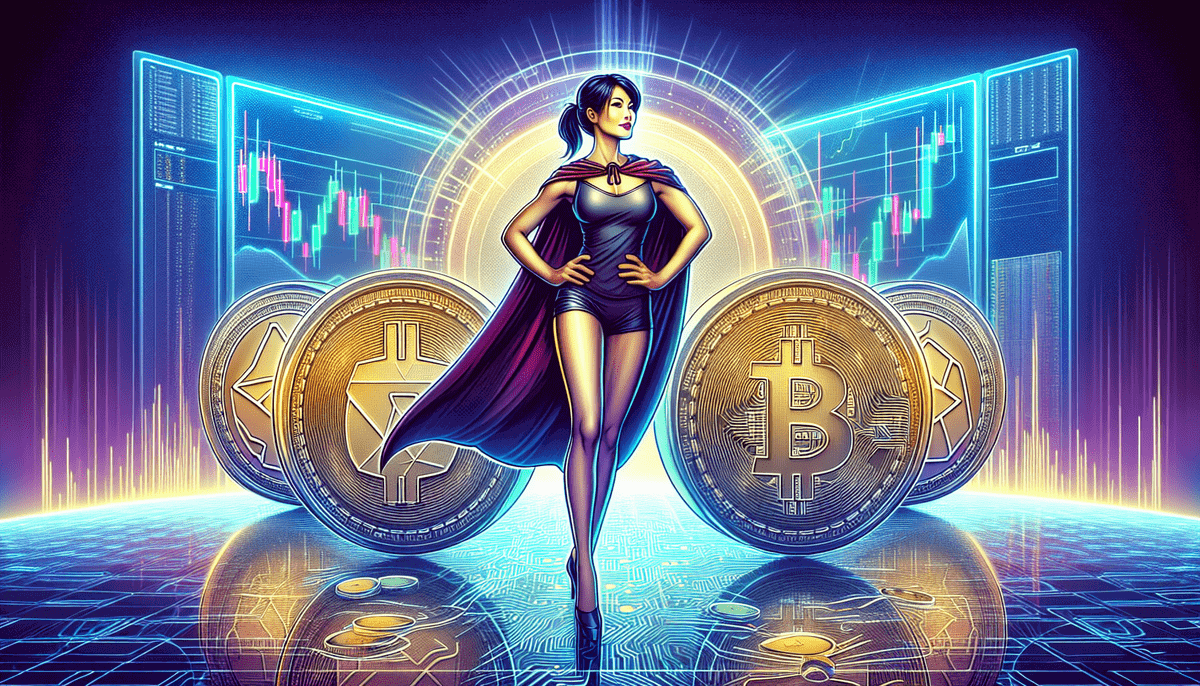You will most likely have heard of PayPal. Founded in 1998 by Elon Musk, Peter Thiel, Max Levchin, Ken Howery, Luke Nosek, and Yu Pan, the American giant operates on a global scale and supports online money transfers and serves as an electronic alternative to traditional paper methods like money order and cheques.
The Chief Financial Officer of PayPal has said that the payments giant is a bit skittish about getting involved with the cryptocurrency space as he said in an interview with Yahoo Finance earlier this week.
Whilst discussing the future of PayPal, the CFO John Rainey highlighted that the firm allowed merchants to accept Bitcoin in the past as a form of payment. But shortly after this, the volatility and unstable nature of the currency seemed to get the better of them.
Rainey said:
“If a merchant accepted that they would quickly convert it to a more stable currency like the euro or dollar. We have teams clearly working on blockchain and cryptocurrency as well, and we want to participate in that in whatever form it takes in the future. I just think it’s a little early on right now.”
In addition, the CFO said that PayPal made a $500 million worth investment in the taxi like service that is Uber. This is because the two firms both intend to jointly develop a payments platform.
Last month, the payments provider won a cybersecurity patent for a system dubbed, “Techniques for cryptocurrency ransomware detection and mitigation,” that aims to improve the detection of ransomware and prevent it from locking up users’ access to their files.
In 2018, PayPal filed another patent which would help increase the speed of payments in cryptocurrency by using secondary private keys to reduce wait times for transactions between merchants and consumers. The patent details how the creation of secondary wallets with their own private keys which would make transactions times a lot quicker:
This would, “practically eliminat[ing] the amount of time the payee must wait to be sure they will receive a virtual currency payment in a virtual currency transaction.”
Investment Disclaimer





